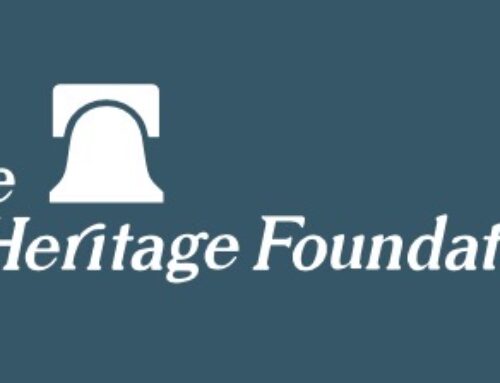By Michael Thielen
Executive Director,
Republican National Lawyers Assn.
The Daily Caller
On Oct. 25, the House Committee on Administration held a hearing on state voter registration list maintenance. While list maintenance does not generate headlines like voter ID, double voting, or other election stories, it is vital to protecting the integrity of our elections. Here’s why.
Imagine someone—let’s call him Fred—believes in a candidate so strongly that he wants to vote for the candidate more than once. His old roommate Bob moved away last year but Fred knows that his state’s voter registration rolls are so outdated and inaccurate that Bob is certainly still registered to vote. Fred may inadvertently receive a mail ballot addressed to Bob or request a ballot in Bob’s name, vote the absentee ballot, and then also go to the polls and vote on Election Day in his own name. It is basically impossible to detect the fraudulent double vote in Bob’s name because Bob, though no longer a resident, is a duly registered voter. The state’s inaccurate voter registration list has made undetectable fraudulent voting possible.
Enabling fraud is not the only problem with messy voter registration rolls. Inaccurate rolls also create the opportunity for honest mistakes that negatively impact the voting process. They contribute to long lines and congestion at the polling place. Voters are also frustrated when they show up at the polling place not properly registered in the correct precinct. Logistically, inaccurate rolls require states and localities to waste money on ballots, poll workers, and other Election Day resources for ghost voters who do not exist or moved years ago. As Indiana Secretary of State Connie Lawson pointed out in the hearing yesterday, the money that is spent unnecessarily on preparing for non-existent voters is desperately needed elsewhere, such as updating technology and security in voting machines.
Inaccurate rolls also distort turnout numbers, making it seem like a state or county had lower turnout than it actually did. Lawson described how Indiana completed a voter registration list clean-up process statewide, removing inaccurate records from the rolls, after the 2016 election. Because of legal provisions regarding timing of maintenance procedures, the process could not be completed before the presidential election. If it had been, Indiana would have had 65% voter turnout in 2016, instead of the 55% it actually reported. That is a massive difference, and it would make a tremendous difference in voter perception of the election and the level of civic engagement as well.






